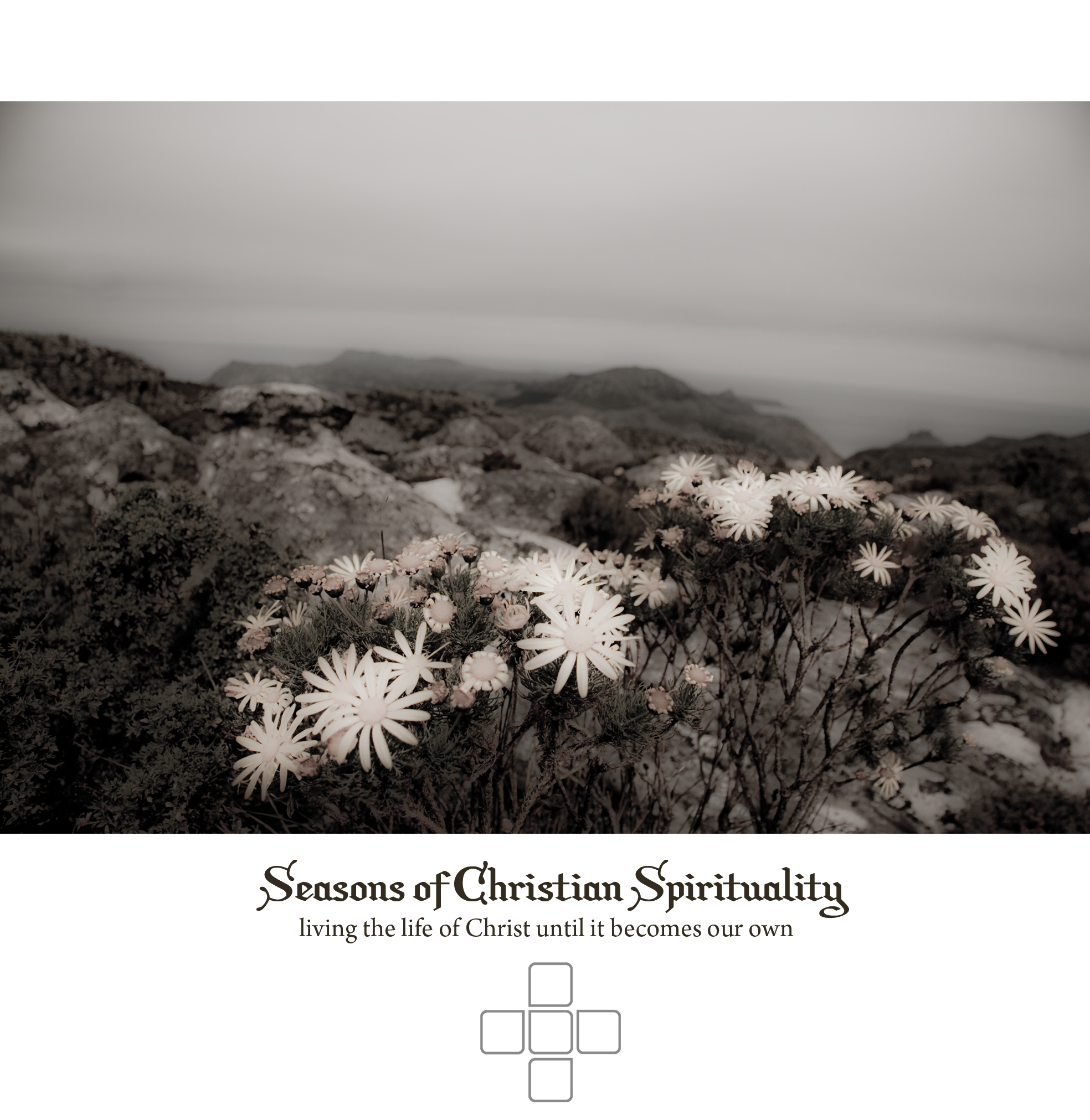We are heading into the major holiday season with Thanksgiving nearly upon us. At this time of countless gatherings, we thought we’d offer some thoughts on being together. The following is an excerpt from Seasons of Christian Spirituality, our yearlong study of the Christian liturgical calendar.
All the believers were one in heart and mind. No one claimed that any of their possessions was their own, but they shared everything they had.
Acts 4.32
The earliest days of Christ’s church were marked by incredible love and generosity toward both insiders and outsiders. By all accounts, Jesus’ first followers took his teaching to heart, that men would know “you are my disciples by your love for one another.”
When we take time to ask How does church work?, the answer must invariably be through love.
Christian ministry is built on relationship. Whenever you’re placed in some position of influence, remember these words: people will only volunteer to help you or accept anything you have to say if you have taken the time to build a good relationship with them.
You can’t actually make anyone do anything. That’s a fact. But we try. We labor under a couple of false delusions, especially when asking others for help either in context of church ministry, friendship, or with a personal project.
We think people will be willing to help us because they believe in the mission of the church. But, even if they do, how they understand their role in the kingdom may be different than what we’re trying to convince them to do at any given time. Good luck trying to get a vocalist to clean toilets, FYI.
Or, we think people will be willing to help because we asked nicely and because our need is dire. Wrong again, Honcho. Just because you’re pleasantly desperate doesn’t mean anybody is showing up to help you move on a summer Friday afternoon.
And sometimes we think people will listen to us because we’re right, or because we’re in a good space with God and genuinely want to help them in their spiritual journey. Good luck with that.
People won’t listen to you for any of those reasons because anything worth telling somebody is probably hard. And hard things are easy to ignore.
People will listen to you when they know you love them and therefore you can be trusted. This is what I call relational authority.
All of us have some role to play within our churches. We all have influence somewhere, with someone. In some capacity, we are all called upon to be leaders of something.
That doesn’t mean that everyone is going to be Lee Iacocca or Steve Jobs, or even that they should be, but it is likely that at some point in your life you’re going to want to do something for your church, or through your church for the world, and you’ll need help with it.
And, if you’re like everyone else, you’ll try and get that help by guilt-tripping others, by quoting Scripture, by begging, by manipulating, by calling out in desperation, by holding your family and your friends hostage until you get the help you need.
And people will resent you for it.
So, once you’ve bullied people into helping you with the church fundraiser, or the picnic, or the prayer rally, you can now no longer operate in their lives as a confessor, or a comforter, or a guide because all of those roles (and many others) require a vulnerability that you have demolished by your heavy-handedness.
Decide in advance to like people and pray for God to fill you with love for everyone you meet. Treat everyone like your best friend – just assume they like you and ask them about their lives. Let them tell you about what matters to them. And if they ask you about yourself, tell them openly and honestly without defending or justifying your opinions, without backpedaling or whitewashing anything. And if they don’t run away screaming, that’s a pretty good indicator you’re beginning something good.
Overlook offenses. Do the hard work of getting along. Initiate conversation. Don’t try too hard. Ask questions. Foster interest. Have no agenda. Never ask for anything, but offer everything you own to the people around you. Don’t hold on to stuff. Share what you’ve got—healthy relationships start when you’re the one who helps, not the one who always has their hand out.
In the midst of the Thanksgiving madness this week, take some time and confess
your need for relationships
your relational shortcomings,
including those things that keep others distant
your own hurts and wounds from past relationships that soured
your own feelings of foolishness and embarrassment
about making friends
your need to be in control.
Come before God with a humble heart and repent
for any manipulative actions you’ve taken
including any guilt-trips, sad stories, or bribery (in all forms and guises)
for anything sinful you may have said or done
while feeling frustrated with others
And then turn around and tell everyone you see the good news
that every vocation can be enjoyable,
that ministry, and life in general, can be deeply fulfilling,
often communicating to us the very reason God has placed us here on the earth
fossores
Related posts
Categories
Category Cloud
Tag Cloud
Recent Posts
- Victors and Victims November 6, 2018
- 3 Hacks for Happiness October 29, 2018
- Hope Against Death September 20, 2018
- The Shape Of The Cross September 19, 2018


